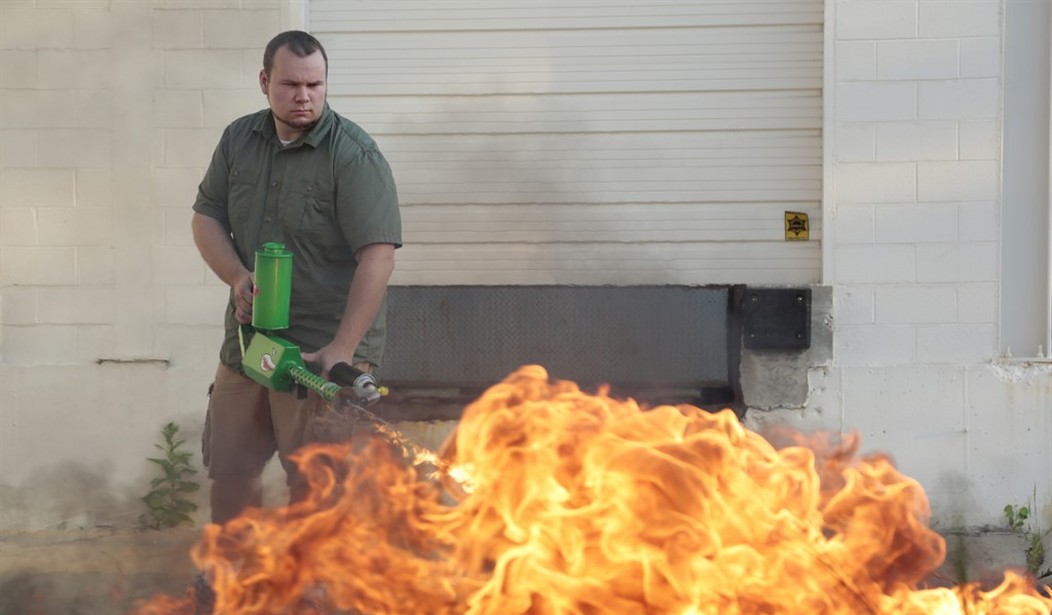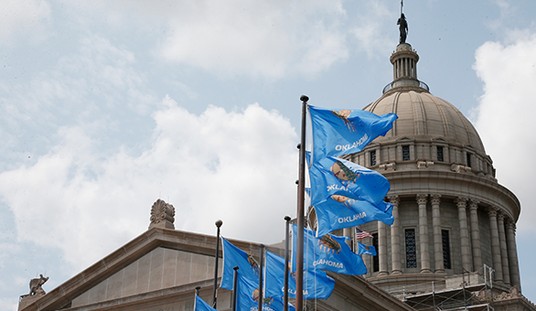U.S. District Court Judge Roger “Saint” Benitez has some new competition when it comes to the affections of California gun owners. Benitez has won the hearts of many Second Amendment advocates in the state (and around the country) for his stellar decisions defending the right to keep and bear arms, most recently in the Duncan v. Bonta case challenging California’s ban on “large capacity” magazines. Last week Benitez issued his second opinion declaring the law a violation of the Second Amendment, but stayed his decision for a week to allow California Attorney General Rob Bonta time to appeal.
On Thursday, the Ninth Circuit extended that stay until at least October 10th and assigned the case directly to the same en banc panel that overturned Benitez’s first decision ( as well as the three-judge appellate panel that concurred with the district court).
Remember, the first Duncan decisions were issued before the Supreme Court handed down its opinion in Bruen, but SCOTUS granted cert and remanded the case back to the Ninth Circuit for a do-over in light of the Bruen test. Rather than allow the three-judge panel to decide Duncan on the merits, the Ninth Circuit kicked the case all the way back down to Benitez’s court, likely in an attempt to keep the case way from the Supreme Court for as long as possible.
Sending Duncan to an en banc panel now, rather than taking the usual step of assigning the appeal to a three-judge panel, is a highly unusual step and one that drew dissents from four Ninth Circuit judges, including Judge Lawrence VanDyke, who absolutely torched his colleagues over the move. In his dissent, VanDyke said publicly what many gun owners have been grumbling about for years; the Ninth Circuit simply doesn’t want to acknowledge the fundamental importance or nature of our right to keep and bear arms.
… even summary reversal by the Supreme Court has not tempered the majority’s zeal to grab this case as a comeback, stay the district court’s decision, and make sure they—not the original three-judge panel—get to decide the emergency motion (and ultimately, the eventual merits questions) in favor of the government. I think it is clear enough to everyone that a majority of this en banc panel will relinquish control of this case only when it is pried from its cold, dead fingers. And I think it is clear enough to everyone why.
There is a phenomenon that long has been recognized in abortion cases— sometimes called “abortion distortion”—that describes courts’ willingness to jettison procedural norms or other normal rules of decision making when a case concerns abortion. As the Supreme Court recently observed in Dobbs, abortion cases have led to a distortion in legal doctrines ranging from severability to First Amendment doctrine.
…
Cases involving the Second Amendment in our circuit have unfortunately suffered from a like phenomenon. And just as we should no longer distort our rules in abortion cases, we should no longer apply “different rules to different constitutional rights.” We should not give Second Amendment cases “special” treatment.
But the current irregularities highlighted by Judge Bumatay’s dissent are not the only way this case continues to demonstrate our court’s enduring bellicosity toward the Second Amendment. The irregularities in this case run much deeper— indeed, all the way back to when this case was first called en banc. This en banc panel was born in illegitimacy, and this case should never have been taken en banc in the first place.
VanDyke then goes on to air out some of the Ninth Circuit’s dirty laundry. Did you know, for instance, that after the three-judge panel first agreed with Benitez in August of 2020, a Ninth Circuit judge sought an en banc review but missed the deadline to call for that review? As VanDyke writes, instead of simply accepting that the deadline had come and gone, or even asking the all Ninth Circuit judges to waive the rule and allow for the en banc appeal to happen, the court “went in a different direction.”
First, the decision was made by someone— not by the rules, or even the entire court—to allow the respective panels to waive the deadlines on behalf of the entire court. Then, the campaign started: earnest conversations were had, hearts were poured out, tears were shed, and pressure was applied to the panels with mace-like collegiality. And in the end, a discrete collection of judges—again, not the entire court—struck a “compromise,” circumvented our own rules, and allowed the en banc call to move forward. But only in this one case. The agreement was made to call this case but drop the en banc calls in two other cases—including a death penalty case. Priorities.
As VanDyke says with uncharacteristic understatement, this is deeply troubling.
In sum, not only is our court treating this case “special” now, but the process that brought this case en banc in the first place was illegitimate from the start. This demonstrates and perpetuates this court’s anti-Second Amendment posture, rewards the weaponization of (one-sided) collegiality, and damages the internal and external integrity of the court. How are we to uphold the rule of law, and reassure the public we are doing so, when we disregard our own rules and make questionable decisions like this behind closed doors?
The story of the Second Amendment in this circuit has been a consistent tale of our court versus the Supreme Court and the Constitution. That tale continues today, and will continue as long as a number of my colleagues retain the discretion to twist the law and procedure to reach their desired conclusion. As uncomfortable as it is to keep pointing that out, it is important the public keeps being reminded of that fact.
In the fifteen years since the Heller decision explicitly stated that the Second Amendment protects an individual’s right to keep and bear arms, the Ninth Circuit has never once found a gun control law to be unconstitutional. Oh sure, we’ve had good decisions from district court judges like Benitez, and many of those initial decisions were upheld by three-judge panels, but inevitably the cases received en banc reviews and the larger Ninth Circuit panel reversed those decisions and upheld the gun control laws in question.
Will VanDyke’s public callout of the Ninth Circuit’s B.S. actually change anything on the court? I doubt it, though it should make the Ninth Circuit Non-Denominational Holiday Party one for the ages… at least if VanDyke’s invitation isn’t mysteriously lost in the mail. But the judge’s blistering rebuke to his colleagues was also intended for another audience: the conservative majority on the Supreme Court, which has allowed the Ninth Circuit’s shenanigans to go on for far too long without a rebuke of its own. Let’s hope they’re listening, because once the en banc panel inevitably reverses Benitez’s ruling it won’t be long before Duncan is back on the Court’s doorstep.









